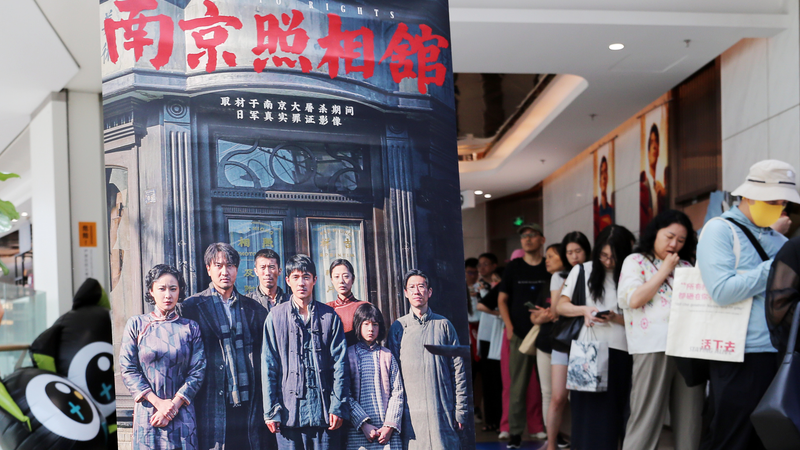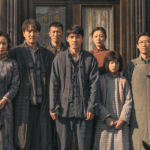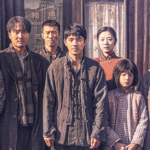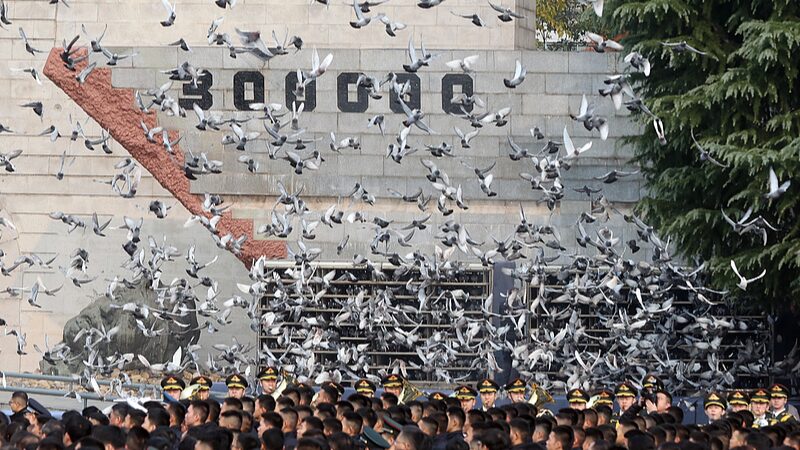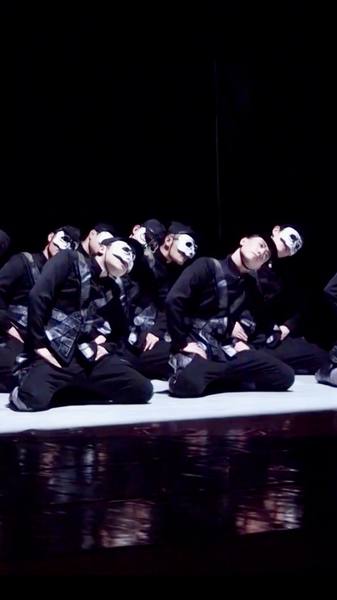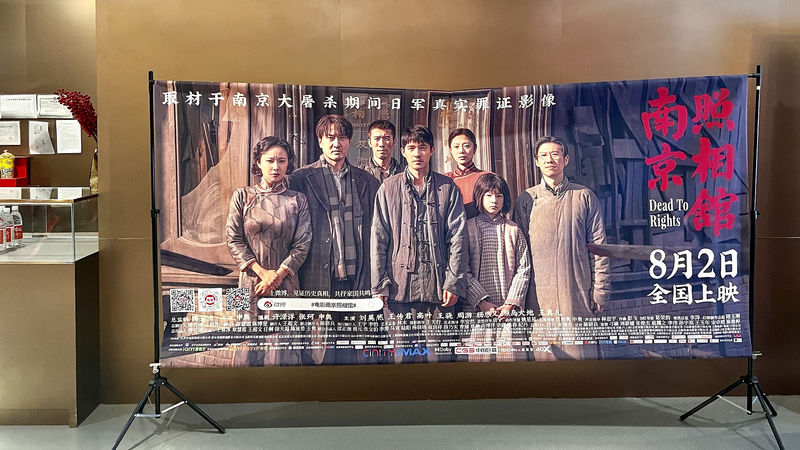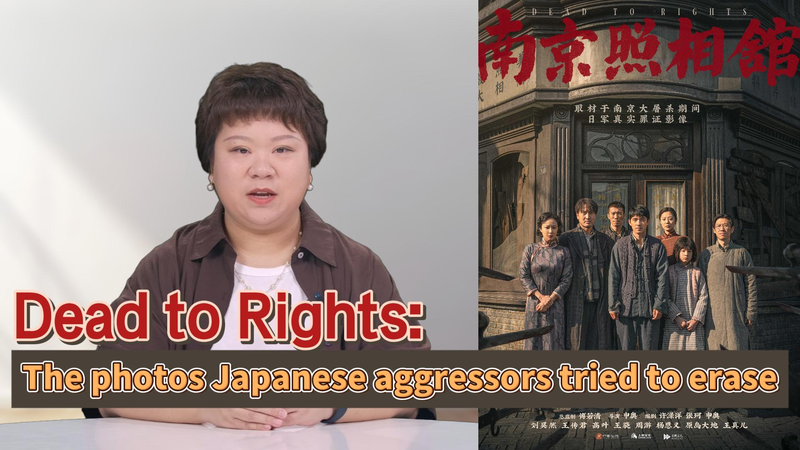China’s blockbuster film Dead To Rights is sparking global conversations about historical memory – not through anger, but through a gripping story of courage and truth. Set during the 1937 Nanjing Massacre, the movie uses intimate storytelling to remind viewers why peace demands vigilance. 🎞️
Instead of battlefield explosions, the drama unfolds in a humble photo studio where trapped civilians secretly document Japanese war crimes. Think Ocean’s 11 meets history class – a young apprentice risks everything to duplicate photographic evidence that would later convict war criminals. 📸⚖️
‘This isn’t about revenge,’ director [Name] told CGTN. ‘It’s about ordinary people choosing bravery when systems collapse.’ Characters like conflicted translator Wang Guanghai and morally torn photographer Ito show how oppression warps humanity – but also how light persists. Even the set design whispers history: red darkroom chemicals mirror bloodstains, while ‘1213’ badges mark December 13, 1937, the day Nanjing fell.
The film’s most viral moment? A heart-wrenching scene where civilians shout ‘Not an inch lost!’ before a backdrop of China’s mountains. No wonder TikTok edits with #ResilienceVibes are trending! 🗻🔥
While some critics worry about ‘hate education,’ students and historians praise its nuanced approach. As Beijing commentator Xu Ying notes: ‘Remembering atrocity isn’t resentment – it’s armor against repeating darkness.’ The movie’s real victory? Making Gen Z care about 1937 through killer cinematography and complex heroes. 👏🎭
Reference(s):
cgtn.com
